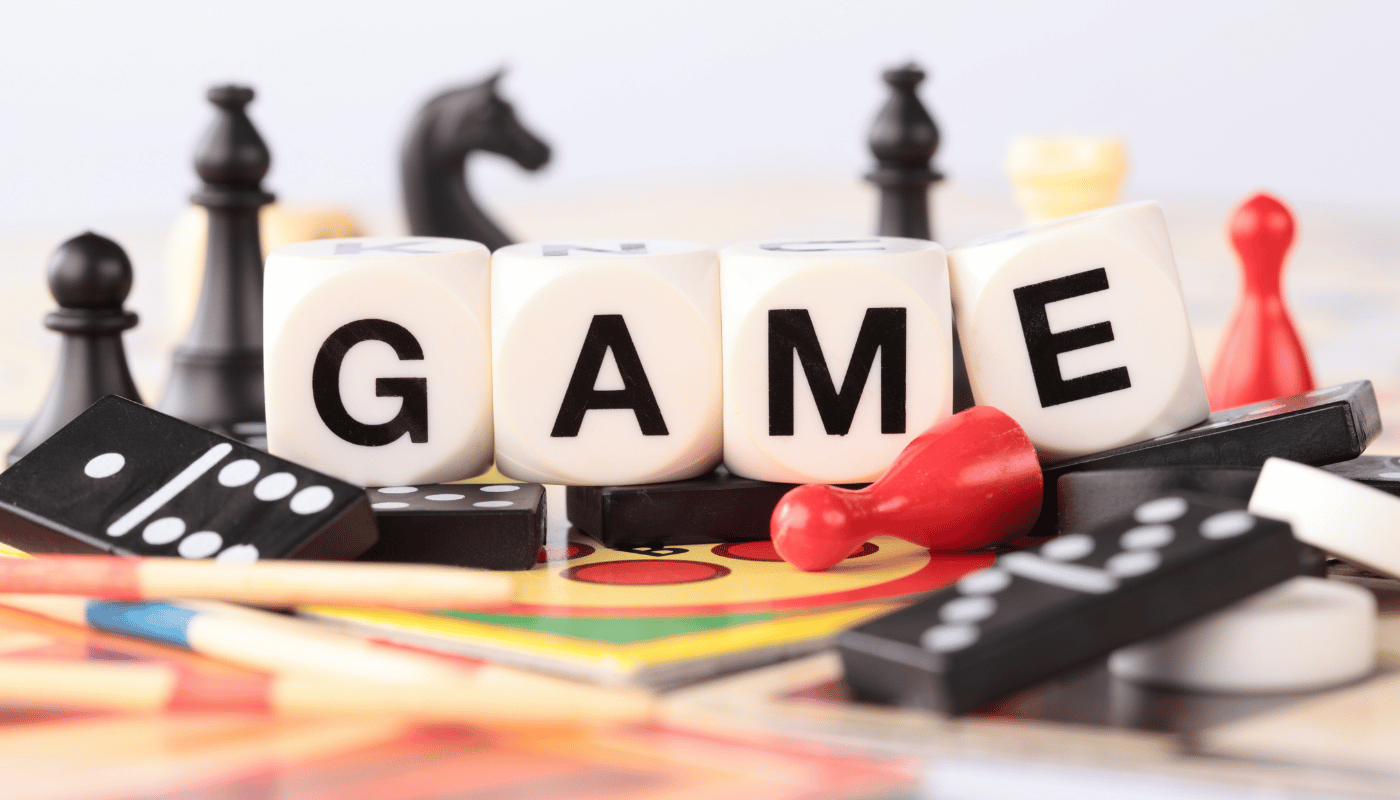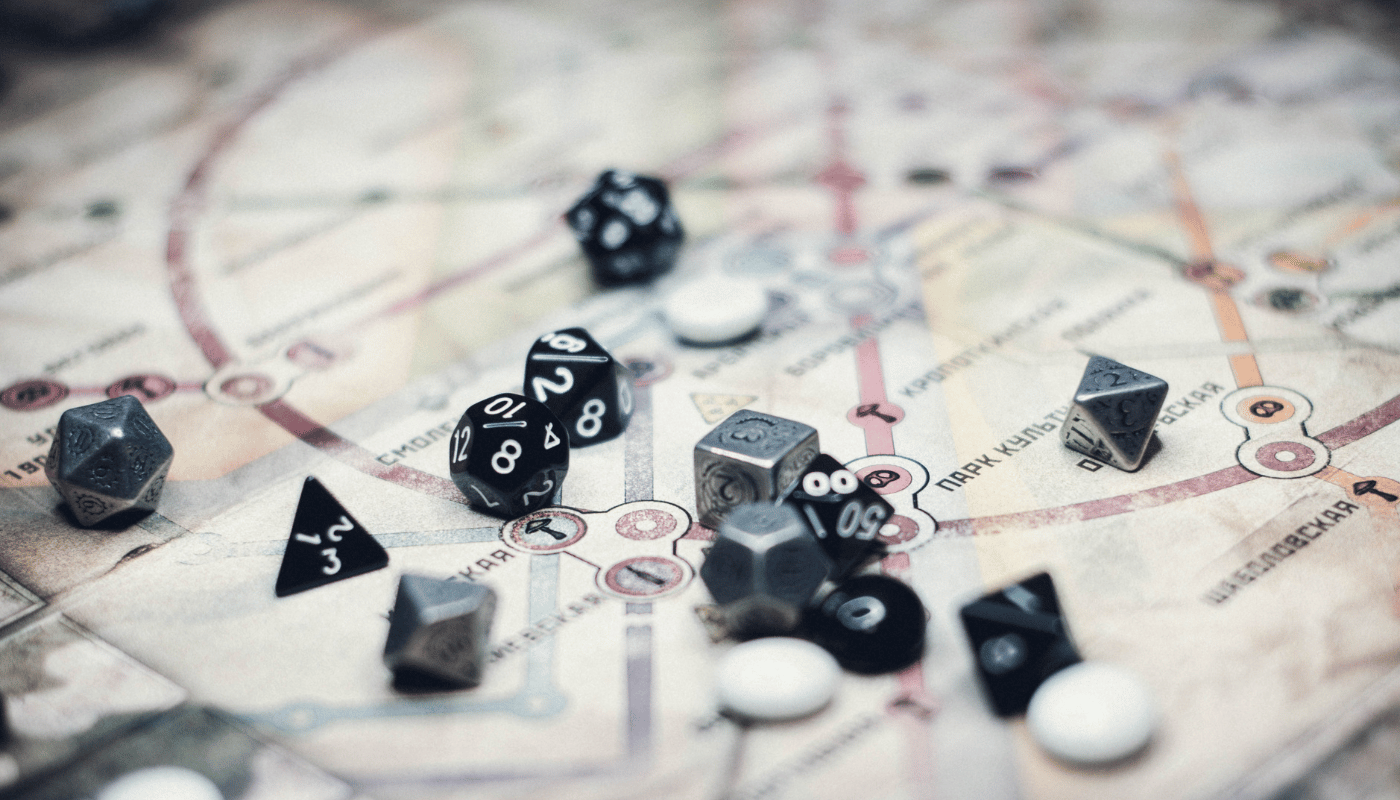In the digital age, the battle between board games and video games is fiercer than ever. While the allure of video games is undeniable, there’s a compelling case to be made for why board games hold the upper hand. From fostering social connections to enhancing cognitive skills, the benefits of board games extend far beyond mere entertainment. Join us as we delve into the reasons that make board games not just a nostalgic pastime, but a superior choice for gamers of all ages.
Enhances Social Interaction and Bonding
One of the most compelling reasons board games are often seen as superior to video games is their inherent nature of fostering social interaction and bonding. Unlike video games that can be solitary experiences or involve remote, digital communication, board games require players to be physically present. This setup naturally encourages face-to-face interaction, discussions, and cooperation or competition in a shared physical space. Through these interactions, players can form deeper connections, improve their communication skills, and build lasting memories together.
Furthermore, board games are inclusive and can be enjoyed by people of all ages, making them perfect for family gatherings or social events with friends. They often involve teamwork, strategy, and negotiation, which can enhance empathy, understanding, and the ability to work collaboratively. These games also provide a tangible sense of community and belonging, as players sit around a table, share experiences, and engage directly with one another. This physical and emotional closeness is something that video games, despite their online communities, struggle to replicate fully.
In addition, the variety of board games available means that there is always something new to learn together, which can keep the group dynamic fresh and exciting. Whether it’s solving a mystery, building empires, or embarking on fantastic adventures, board games offer a myriad of themes and challenges that require direct communication and cooperation, further strengthening the bonds between players.
- Encourages face-to-face interaction and direct communication
- Builds deeper connections and lasting memories
- Inclusive and accessible to people of all ages
- Enhances empathy, understanding, and teamwork
- Offers a variety of themes and challenges to keep group dynamics exciting
Promotes Strategic Thinking and Planning
Board games are instrumental in fostering an environment where strategic thinking and planning are not just encouraged but are essential to success. Unlike video games, where reactions might often be based on quick reflexes or the memorization of patterns, board games require players to engage in deep critical thinking, anticipate opponents’ moves, and devise long-term strategies. This form of gameplay can significantly enhance cognitive skills, including problem-solving and decision-making abilities.
Moreover, the tactile and social nature of board games offers a more immersive experience that demands players’ full attention and presence. This engagement is crucial in developing and honing strategic thinking skills as players must navigate through complex scenarios, weigh different outcomes, and make decisions with tangible consequences. The patience and perseverance learned through these board games are invaluable life skills that extend far beyond the game table.
Furthermore, board games often involve a layer of resource management that teaches players how to efficiently use their available assets to achieve their goals. This aspect of gameplay not only adds an extra challenge but also parallels real-life situations where strategic resource allocation is key to success. The skills developed in these strategic environments are transferable to academic, professional, and personal settings, making board games a powerful tool for cognitive growth.
Additional Insights on Strategic Thinking in Board Games
Delving deeper, the complexity and variety of board games available today mean that players can continuously challenge themselves and develop their strategic thinking in novel ways. From classic strategy games that have been beloved for generations to modern games that incorporate new mechanics and themes, there is always something new to learn. This variety ensures that the brain is constantly being pushed to adapt, which is a critical component of cognitive flexibility and growth.
Further Perspectives on Strategic Planning in Board Games
It’s also worth noting how board games encourage players to think about strategy in a holistic sense. Players must not only plan their own moves but also predict their opponents’ strategies, adapting their plans in real-time. This dynamic aspect of gameplay fosters a sophisticated level of strategic planning that video games may not always replicate, especially in single-player modes. Board games, with their direct player interaction, create a unique learning experience that sharpens both foresight and adaptability.
| Feature | Board Games | Video Games |
|---|---|---|
| Engagement Type | Tactile and Social | Visual and Auditory |
| Cognitive Skills | Strategic Thinking, Planning | Reflexes, Pattern Recognition |
| Learning Outcome | Patience, Resource Management | Quick Decision Making |
| Interaction | Direct, Face-to-Face | Often Virtual or AI-Based |
Less Screen Time, More Mental Exercise
The digital age has ushered in an era where screens dominate much of our lives. From smartphones to laptops, our eyes and minds are incessantly bombarded with digital stimuli. In this context, board games emerge not just as a form of entertainment, but as a beneficial break from the digital world. Unlike video games, which often tether players to screens, board games offer a tactile, interactive experience that engages the mind in different and often more complex ways. This shift away from screens is not just a novelty; it’s a necessary reprieve for our mental health.
Engaging in board games requires a level of mental exercise that is distinct from the kind found in video games. This is because board games often involve strategic thinking, problem-solving, and critical thinking in a social setting. Players are called upon to plan several moves ahead, predict their opponents’ strategies, and adapt to new situations on the fly. This type of mental engagement is robust and multifaceted, exercising parts of the brain that video games might not reach. The social interaction inherent in board game sessions also enhances cognitive abilities and emotional intelligence, making the mental exercise even more beneficial.
Enhancing Cognitive Skills Through Board Games
Further delving into the cognitive benefits provided by board games, it’s evident that they offer a unique blend of challenges and learning opportunities. Whether it’s a classic game of chess, requiring deep analytical thinking and foresight, or a modern strategy game, which might involve managing resources and optimizing strategies under pressure, board games push players to develop a variety of skills. This variety ensures that the brain is not just working, but thriving and growing, as it encounters and overcomes different challenges.
- Strategic Planning
- Problem-solving
- Critical Thinking
- Social Interaction
- Adaptability and Flexibility
Board Games as a Multidimensional Brain Workout
Considering the benefits of board games from another angle, it’s clear that they serve as a multidimensional workout for the brain. Not only do they stimulate cognitive functions through strategic play and problem-solving, but they also offer emotional and social benefits by facilitating interaction with others. This comprehensive stimulation is beneficial for brain health and contrasts sharply with the more singular focus often required by video games. In essence, board games provide a rich, varied landscape for mental activity that can enhance cognitive abilities, foster social connections, and reduce the need for screen time.
Encourages Patience and Turn-taking Skills
In an era dominated by fast-paced digital media, board games serve as a vital counterbalance, nurturing essential life skills such as patience and the ability to wait for one’s turn. Unlike video games, which often reward quick reactions and instantaneous satisfaction, board games unfold at a more measured pace, requiring players to strategize and plan their moves in advance. This slower pace is not a drawback but rather a significant benefit, as it fosters a deeper level of engagement and cognitive development.
Board games inherently encourage players to practice patience, as they must wait for others to complete their turns. This waiting period is crucial, as it teaches players the value of observing and learning from others’ actions, a skill that is highly transferable to real-world scenarios. Furthermore, turn-taking is a fundamental aspect of board games, promoting fairness and equality among players. It ensures that everyone has an equal opportunity to participate and influence the outcome of the game, which is a stark contrast to many video games where players can often proceed at their own pace, sometimes to the detriment of collaborative play.
In addition to fostering patience and turn-taking, board games also offer a unique opportunity for players to engage in direct social interaction. This face-to-face engagement is another aspect where board games have a distinct advantage over video games, providing a platform for meaningful communication and bonding. The tactile nature of board games, with physical pieces that players can handle and move, further enhances the gaming experience, making it more immersive and personal.
- Strategic Planning: Board games often require players to think ahead and plan their moves in advance.
- Critical Thinking: Analyzing the game state and determining the best course of action is a key element of board game play.
- Problem Solving: Many board games present challenges that players must overcome through creative thinking.
- Communication Skills: Board games frequently involve negotiation, discussion, and teamwork.
- Adaptability: Players must be able to adapt their strategies in response to the actions of their opponents.
Further Insights on Patience and Turn-taking in Board Games
The practice of patience and turn-taking extends beyond the board and into the realm of personal growth and development. As players become more adept at waiting their turn and strategizing during others’ turns, they also learn the value of observing and listening, skills that are incredibly beneficial in both personal and professional settings. Board games, with their structured turn-taking and paced progression, serve as an excellent medium for developing these competencies, making them not just a source of entertainment but a tool for life-long learning and character building.
Moreover, the patience required in board games can lead to more thoughtful decision-making, as players have the time to consider the consequences of their actions fully. This deliberation process is crucial for developing foresight and the ability to anticipate future challenges, both in games and life. Therefore, the simple act of taking turns and exercising patience during a board game has profound implications, teaching valuable lessons that can help shape a person’s approach to challenges, relationships, and opportunities in the broader context of their lives.
Offers Tangible Experiences and Nostalgia
One of the most compelling reasons why board games are often considered superior to video games is the tangible experiences they provide. In an era dominated by digital interactions, the physicality of board games offers a refreshing departure. Players can touch and move pieces across the board, an action that engages the senses in a way that virtual games cannot replicate. This tactile interaction fosters a deeper connection with the game, making each session uniquely memorable.
Moreover, board games evoke a strong sense of nostalgia, transporting players back to simpler times. Whether it’s recalling childhood memories of family game nights or reliving moments of camaraderie with old friends, board games have a timeless appeal. This nostalgia is not just about reminiscing the past; it’s about recreating those cherished moments in the present. The social interactions and face-to-face engagement that board games encourage are pivotal in strengthening bonds and creating new memories.
Additionally, the physical presence of board games adds a decorative and collectible aspect to them. Many enthusiasts take pride in displaying their board game collections, which often serve as conversation starters and symbols of personal taste. Unlike digital games, which are stored as data on devices, board games occupy physical space in our lives, further enhancing their sentimental value.
Further Insights into Tangible Experiences and Nostalgia
| Aspect | Board Games | Video Games |
|---|---|---|
| Interaction Type | Physical and tactile | Digital and virtual |
| Social Engagement | Face-to-face | Online/Remote |
| Nostalgic Value | High (Physical presence) | Variable (Digital presence) |
| Collectibility | Physical collections | Digital libraries |
| Memory Creation | Enhanced by physical interaction | Primarily virtual experiences |
The tangible experiences and nostalgia associated with board games contribute significantly to their enduring appeal. Beyond just the gameplay, it’s the physical interaction, the gathering of friends and family, and the memories they help create that set board games apart. They are not merely games but vessels of time, capable of bridging the past and the present, making every playthrough a rich and emotionally resonant experience.
In conclusion, the tangible experiences and nostalgia offered by board games are invaluable. They provide not only entertainment but also a means to connect, reminisce, and create lasting memories. As we move further into the digital age, the unique charm and warmth of board games become ever more precious, reminding us of the joy found in simple, shared moments.




